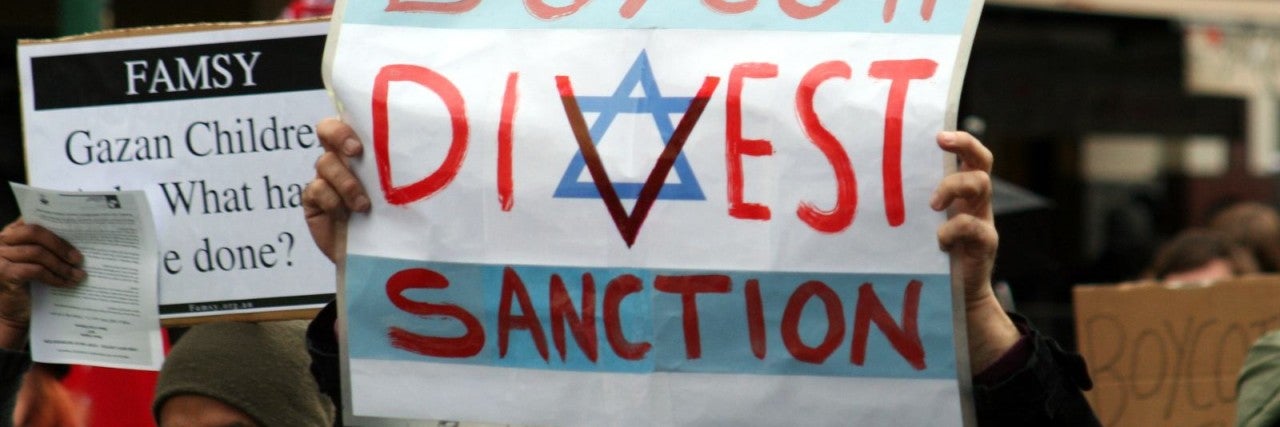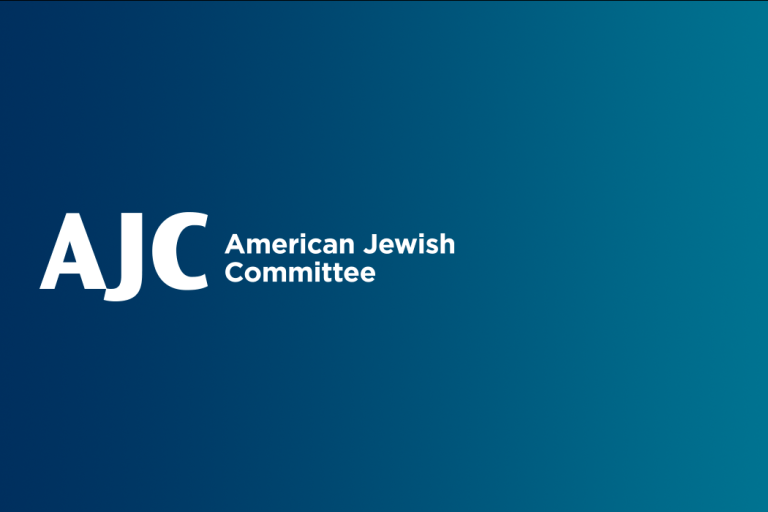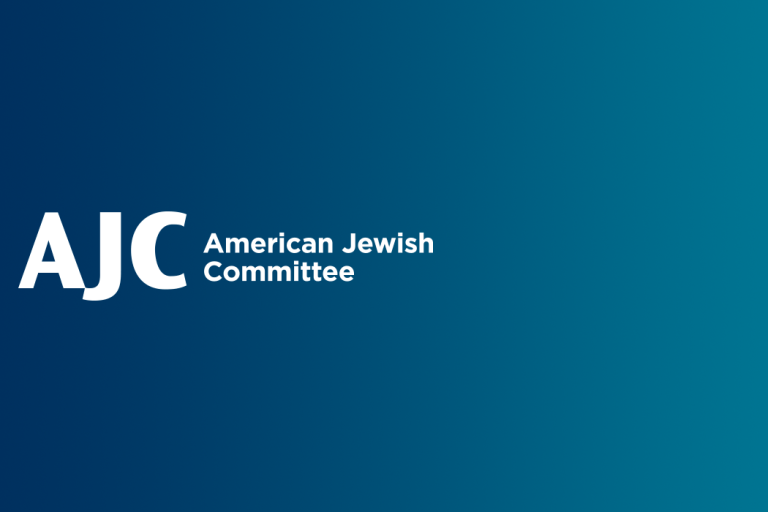July 12, 2017
The date was February 9, 1933. The place was the Oxford Union Debating society.
A week before, Adolf Hitler had been appointed Chancellor of Germany. Japanese troops occupied Manchuria, Mussolini reigned in Italy, and Spain had begun to tilt toward fascism.
Yet inside the venerable halls of the Oxford Union Debating society, the motion under debate was a simple one – “That this House will in no circumstances fight for its King and Country.” That motion carried by a vote of 275 to 153.
It is difficult for us today to comprehend the enormity of this outcry. Their vote caused shockwaves throughout the British Empire and surely comforted Hitler and others worried about the Commonwealth’s willingness to adhere to its treaties.
Yet in the midst of the tumult, one of the students said, “I am certain if war broke out tomorrow the students of the university would flock to the recruiting office as their fathers and uncles did.”
History proved him right. In 1939, nearly 90 percent of Oxford students and recent graduates enlisted immediately.
When we bemoan the anti-Israel events on campus and question future Jewish support for Israel, it would be wise to keep these words in mind.
For Israel, the Stakes are High
While the circumstances are vastly different, today we face a BDS (Boycott, Divestment and Sanctions) effort on our college campuses that challenges Israel’s very right to exist as a Jewish and democratic state.
This year has seen close to 15 student BDS votes, academic associations considering and passing resolutions to boycott Israel, and a steady drum beat of anti-Israel protests and events. Most alarmingly, the last few weeks have seen allegations that Jews control the media emanating from Stanford’s student government, a speaker who has accused Israelis of harvesting Palestinian organs invited to speak at Vassar and Dartmouth, and a Harvard Law student who asked Tzipi Livni, a former foreign minister of Israel, why she was “so smelly.”
Amidst this backdrop of doom and gloom, it is understandable why many Jewish students have chosen not to become involved.
New Champions for Israel
Hearteningly, on nearly every occasion that BDS or anti-Israel events have occurred on campus, Jewish students and non-Jewish allies have fought back.
Consider Daniel Bernstein, a member of the student government at University of California, Santa Cruz, who was asked to “abstain” from voting on a pro-BDS (Boycott, Divestment and Sanctions) resolution because he is the president of the school's Jewish Student Union and was “elected with a Jewish agenda.”
Bernstein was not cowed. He responded with a Facebook post: “The implication that I, as a Jewish student and leader in the Jewish community, should not be allowed to vote on an issue that so deeply impacts the Jewish community, and that I should abstain because I cannot be trusted due to an alleged, ‘Jewish agenda,’ echoes the racism Jews have faced all over the world throughout our history.” He defied the order, voting no on the resolution.
BDS has shown its ugly face at Columbia and Jewish students have responded. Consider the strong words of Daniella Greenbaum when she writes in the Columbia Spectator that “the petition to divest is a tactic that marginalizes Jewish and Israeli students on this campus. It is no different than any other exclusionary initiative. By encouraging polarization, discouraging negotiation, and misrepresenting the political landscape, [BDS forces] abandon the aspiration for peace and embraces perpetual mutual hostility.” Jewish and pro-Israel student leaders are building the relationships at Columbia that are going to ultimately stop BDS dead in its tracks.
Jonathan Kamel at Northwestern University is graduating in a few weeks and has spent four years fighting BDS as the president of Wildcats for Israel. Even as an 18 year-old freshman, Jonathan did not hesitate to take to the Daily Northwestern to denounce the BDS movement and stand up for Israel. [Daniella and Jonathan will appear on a special "BDS on Campus" session at the AJC Global Forum 2016 on June 6. The session will be webcasted. Sign up now to receive a friendly email reminder prior to the start of the webcast.]
Jewish - and non-Jewish - student leaders have consistently stood up for Israel when it counted most.
A Critical Moment for Young Jews
That’s all well and good, you might say, but what about the other Jewish students? What about the students involved in Jewish Voice for Peace? What about the many who are silent?
Yes - this is highly disturbing. But ask yourself this question. Do you believe everything you believed when you were 19? Would you want a judgment to be made on you for something you said as a sophomore in college?
We face a critical moment with young Jews and how we respond is equally critical. We need to advocate for Israel without seeking to silence those with whom we disagree. We need to challenge anti-Israel faculty in a way that is respectful, but strong. We need to uphold and cherish the same free expression on campus that has historically made the American college campus the most welcoming institution to Jewish life.
If we do that, we will defeat BDS. We will also win new champions for Israel.
Photo source: By Takver [CC BY-SA 2.0 (http://creativecommons.org/licenses/by-sa/2.0)], via Wikimedia Commons



